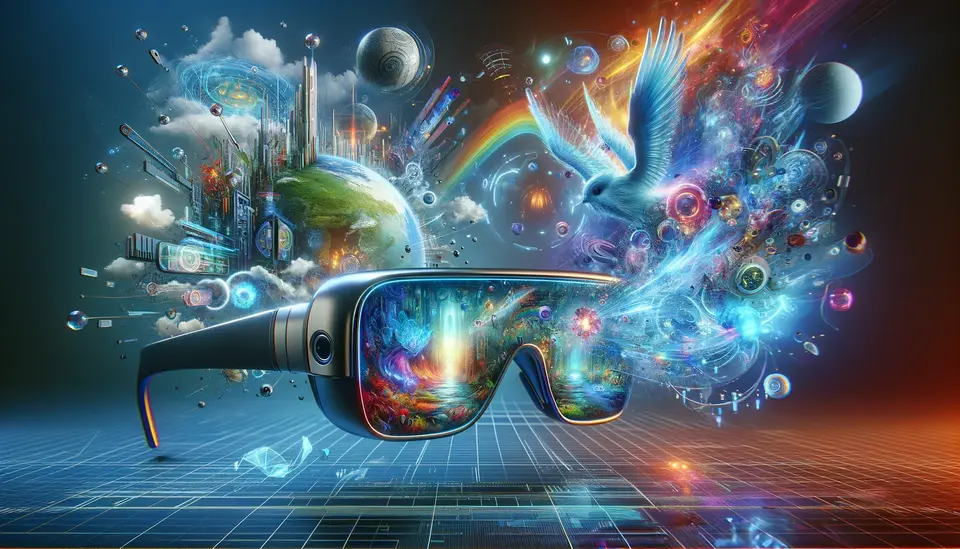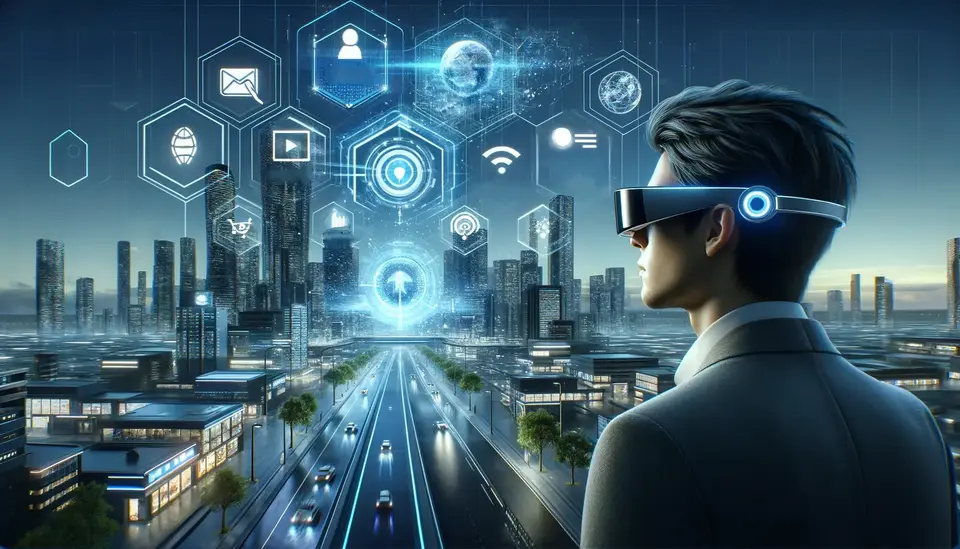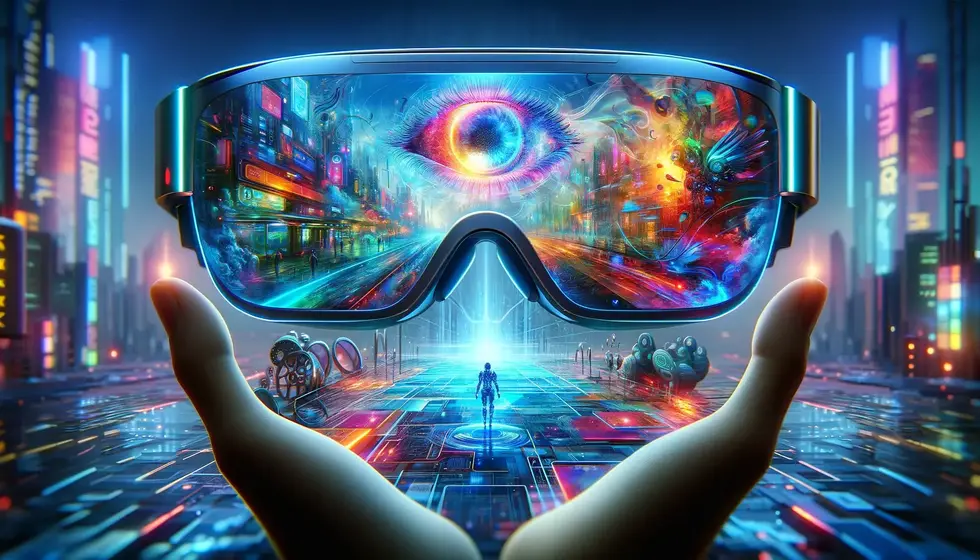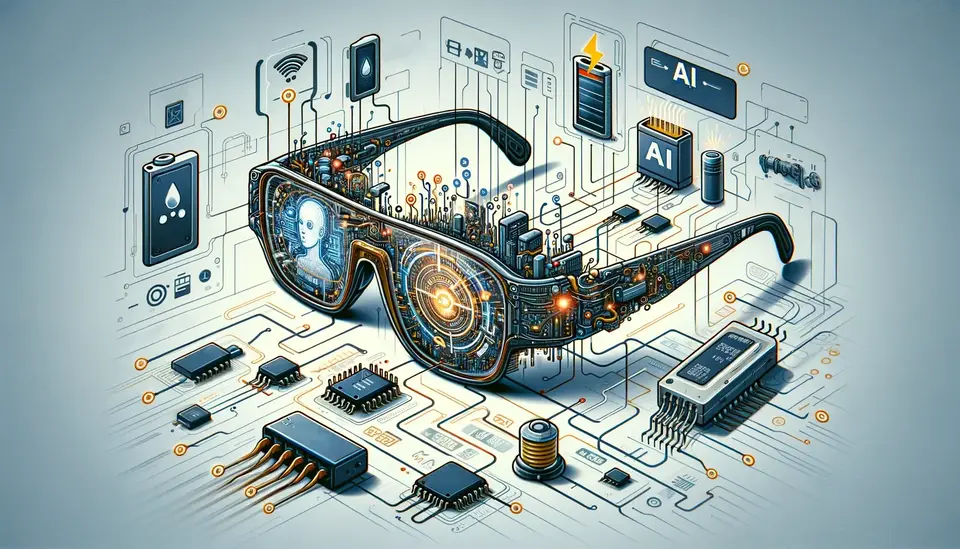The Potential Impacts of Smart Glasses on Social Norms and Culture
Posted on May 4, 2023 3 minutes 638 words
Table of contents
Smart glasses are rapidly becoming a popular wearable technology, promising to revolutionize the way we interact with the world around us. As these devices gain widespread adoption, it’s important to consider the potential impacts they may have on social norms and culture. In this blog post, we will explore the various ways in which smart glasses might reshape our society and the ethical considerations that come with this transformation.
Enhanced Communication and Connectivity
Smart glasses have the potential to significantly improve communication by providing real-time information, translations, and notifications directly in our field of vision. This could lead to more efficient and dynamic conversations, especially when interacting with people from different linguistic or cultural backgrounds.
However, there are potential drawbacks to this enhanced connectivity. The constant influx of information could lead to information overload, making it difficult for users to focus on the present moment. Additionally, increased reliance on smart glasses for communication may reduce the need for face-to-face interaction, potentially eroding the quality of our social relationships.
Augmented Reality and Social Experiences
Augmented reality (AR) has the power to transform social experiences by adding virtual layers to real-world environments. Imagine visiting a new city and seeing virtual tour guides or historical reenactments overlaid on the physical surroundings. AR could also revolutionize gaming and collaborative work by allowing users to share immersive experiences with others.
Despite these potential benefits, there are concerns about privacy, surveillance, and digital addiction. The integration of AR into everyday life could lead to an erosion of privacy and a lack of control over personal data. It may also contribute to digital addiction, as users become increasingly reliant on virtual experiences.
The Impact on Personal Privacy
Smart glasses pose significant privacy concerns, as they have the capability to recognize faces, track locations, and record conversations without the knowledge or consent of others. This raises ethical questions about the appropriate use of these devices and the potential for abuse.
To address these concerns, it is crucial to develop regulations and ethical guidelines governing the use of smart glasses. Such guidelines should prioritize the protection of individual privacy while allowing for the beneficial uses of the technology.
The Digital Divide and Inclusivity
As with any new technology, there is a risk that smart glasses could exacerbate the digital divide between those who can afford the devices and those who cannot. This may lead to disparities in access to information and social experiences, further marginalizing low-income communities.
To counteract this, policymakers and technology companies should explore ways to subsidize access to smart glasses for low-income individuals. This could include public-private partnerships or programs that encourage the recycling of older devices.
Changing Social Norms and Etiquette
The widespread adoption of smart glasses may lead to changes in social norms and etiquette. As users navigate the balance between virtual and real-world interactions, new norms may emerge to define when it is appropriate to use smart glasses and how to maintain respectful behavior while using the technology.
The Influence on Art, Fashion, and Design
As smart glasses become more integrated into our daily lives, they are likely to have a significant impact on art, fashion, and design. Designers may create innovative collaborations between technology and creative industries, while artists could explore new ways to merge the physical and digital worlds in their work.
Conclusion
The potential impacts of smart glasses on social norms and culture are vast and complex. As this technology continues to develop, it is essential for society to engage in ongoing conversations about the ethical considerations and potential consequences. By thinking critically about how smart glasses might change our lives and the world around us, we can help shape a future that balances the benefits of innovation with the preservation of our cultural and social values.








